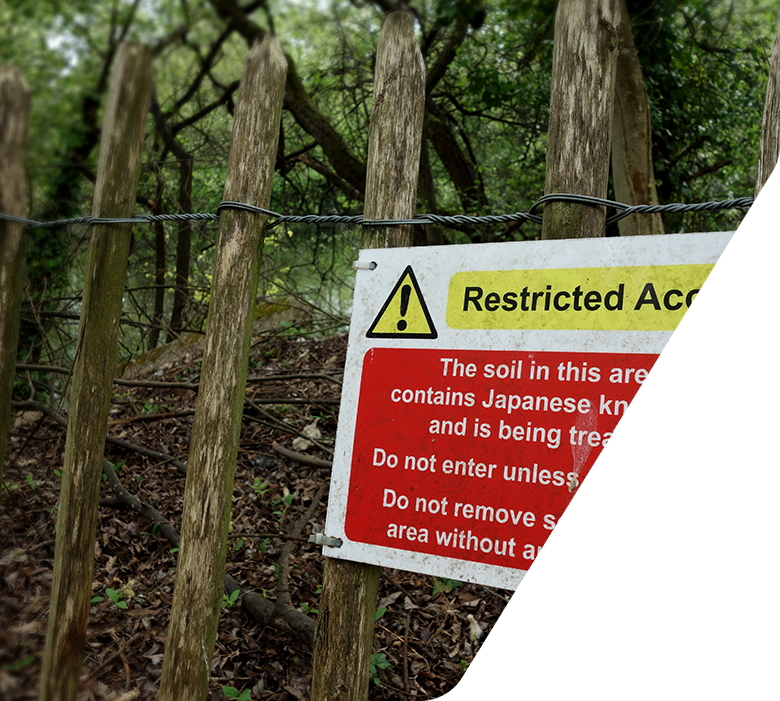Tax Relief and Innovation Funding FAQs
R&D Tax Relief FAQs

Essentially, anything that helps you gain a competitive advantage in a new and innovative way could be eligible for tax relief.
The tax laws around R&D tax relief are complicated, and the criteria for eligibility can be ambiguous. To get the largest tax relief return, you need an expert on your side. Our team specialises in R&D and is here to provide you with world-class service and results.
The initial assessment will only take around 30 minutes of your time. We’ll thoroughly assess your business and if we can’t see an opportunity for you to claim R&D tax relief, you walk away without spending a penny.
Qualifying costs include the following:
- Staff costs – gross pay, employer’s national insurance contribution (NIC), and employer pension - Externally provided workers - Subcontractors - Materials consumed - Software - Heating, lighting, and water - Payments to clinical trial volunteersThe UK government created R&D legislation as an incentive to encourage businesses to develop new or appreciably improve existing products, processes, systems, and materials—and thereby increase the country’s wealth creation capacity.
HMRC’s regional departments analyse and check R&D reports and the costs identified.
Ryan’s specialist advisers liaise with HMRC daily, on your behalf, and in the unlikely event of any issues being raised or an R&D enquiry into your claim, it is part of our commitment to you to resolve these.
Capital Allowances FAQs

Grant Funding FAQs

Patent Box FAQs

HM Revenue and Customs (HMRC) created the Patent Box legislation to encourage UK businesses to invest further in innovation.
Ryan would not generally request any information from HMRC to process your claim and finds that the required information is more readily available from our clients and their advisers.
Our report has been specifically formatted for HMRC purposes and our specialist advisers liaise with them daily, on your behalf, and in the unlikely event of any issues being raised, it is part of our commitment to you to resolve these at no extra cost.
Land Remediation Tax Relief FAQs

Energy Intensive Industries Exemption Scheme FAQs

Climate Change Levy Exemption Scheme FAQs

Networking Charging Compensation Scheme FAQs

Am I Eligible for Innovation Funding?
Evaluate your eligibility, receive tailored advice, and transform your business.
Discover your funding potential with our free innovation funding assessment tool.

